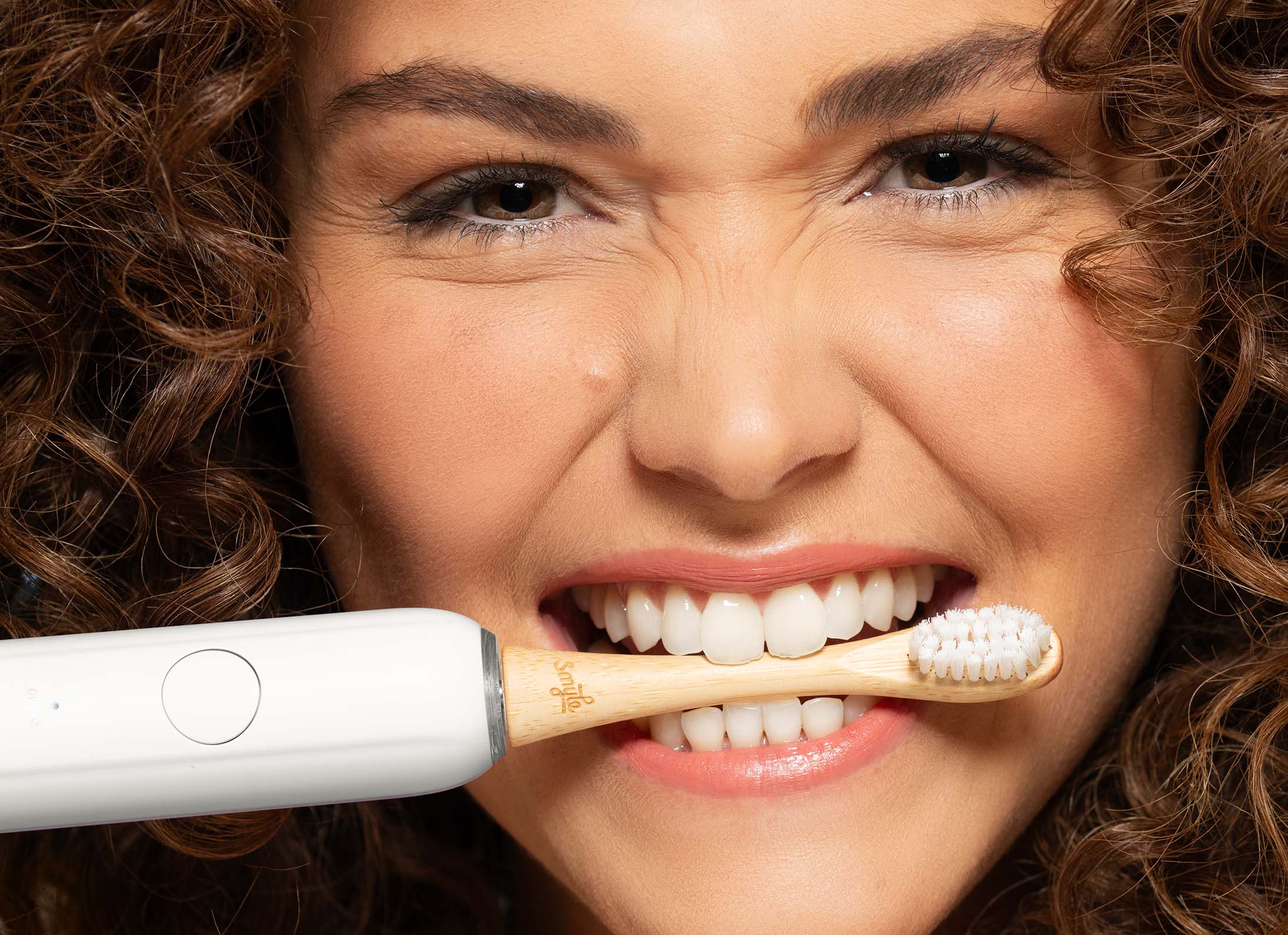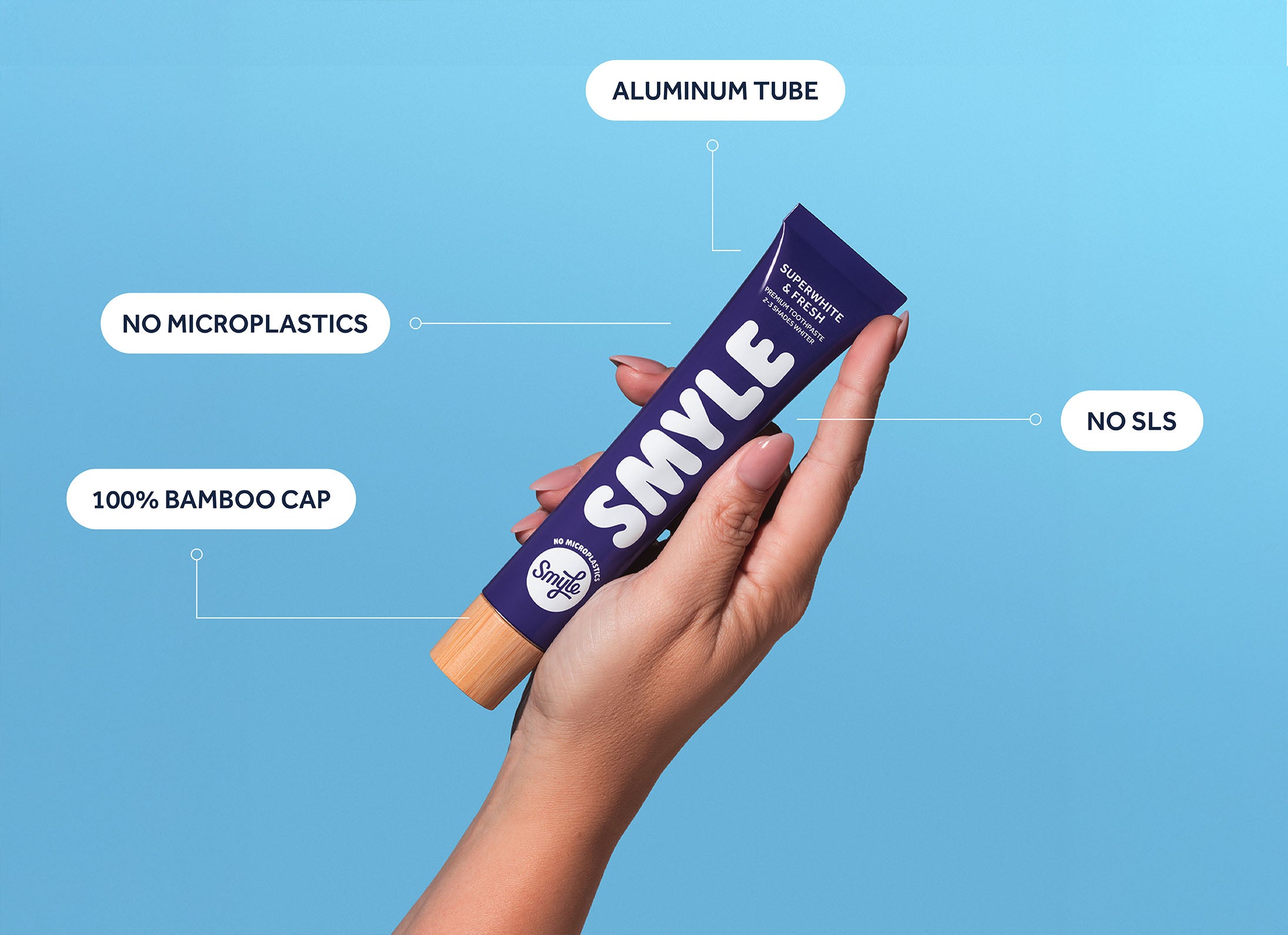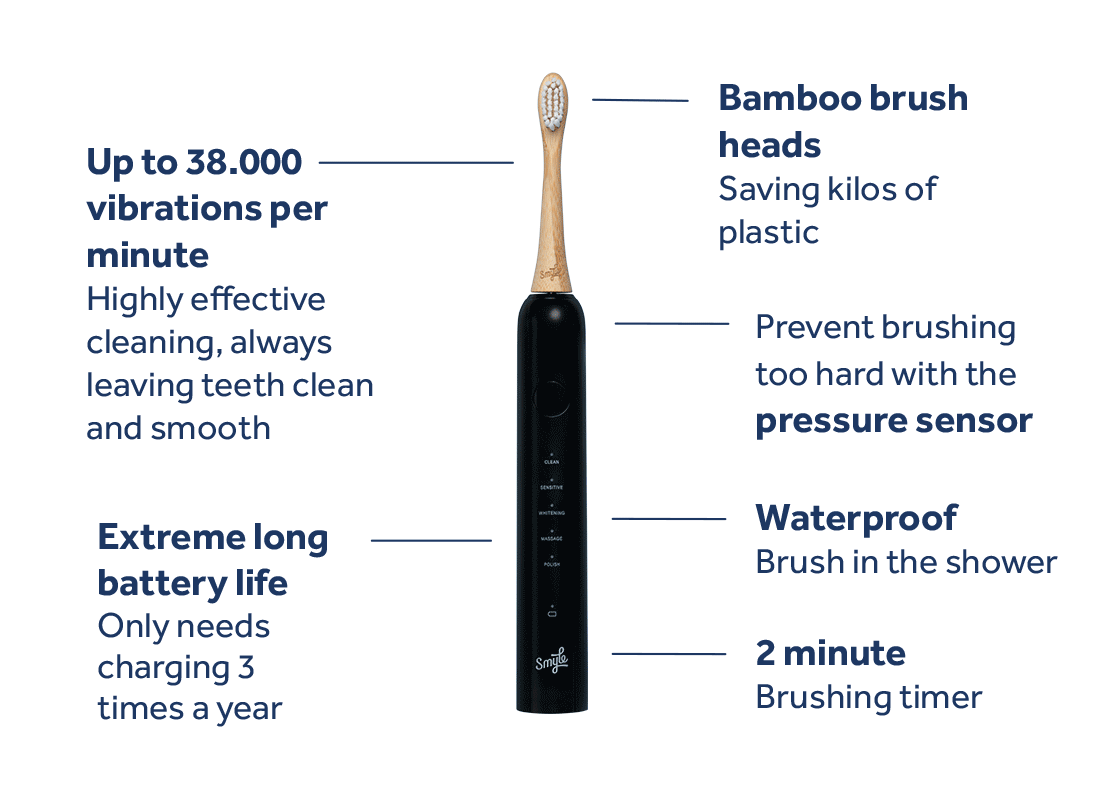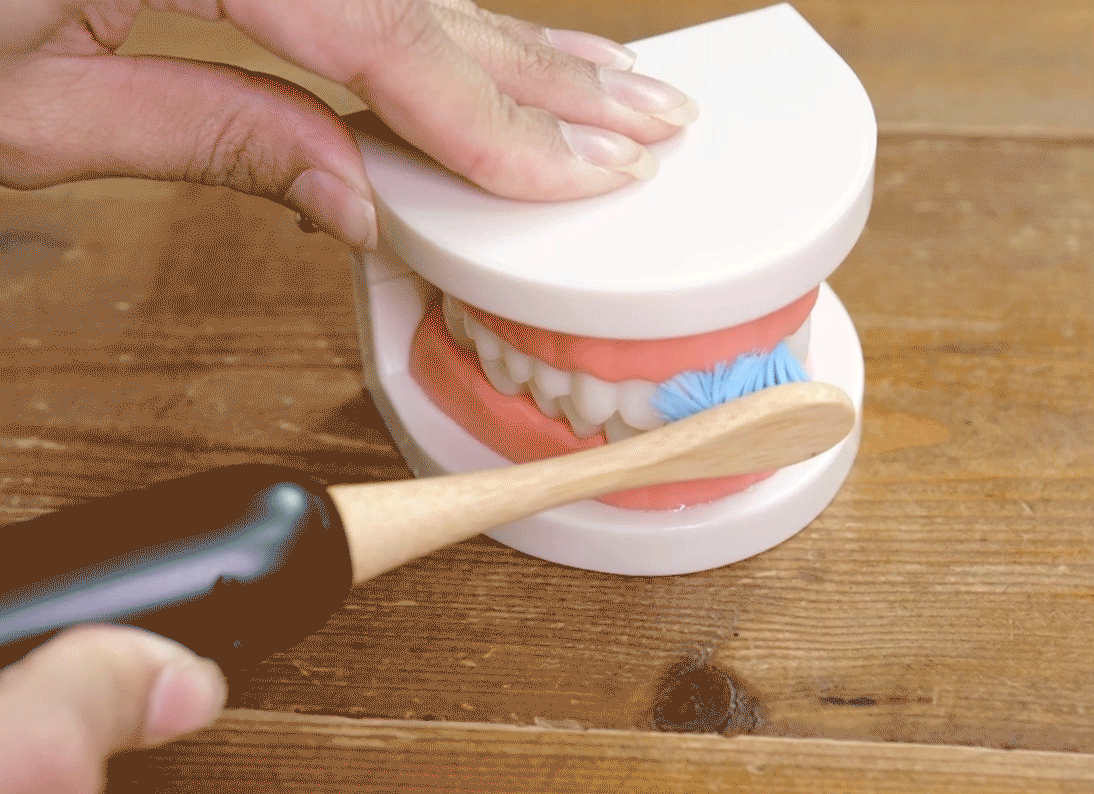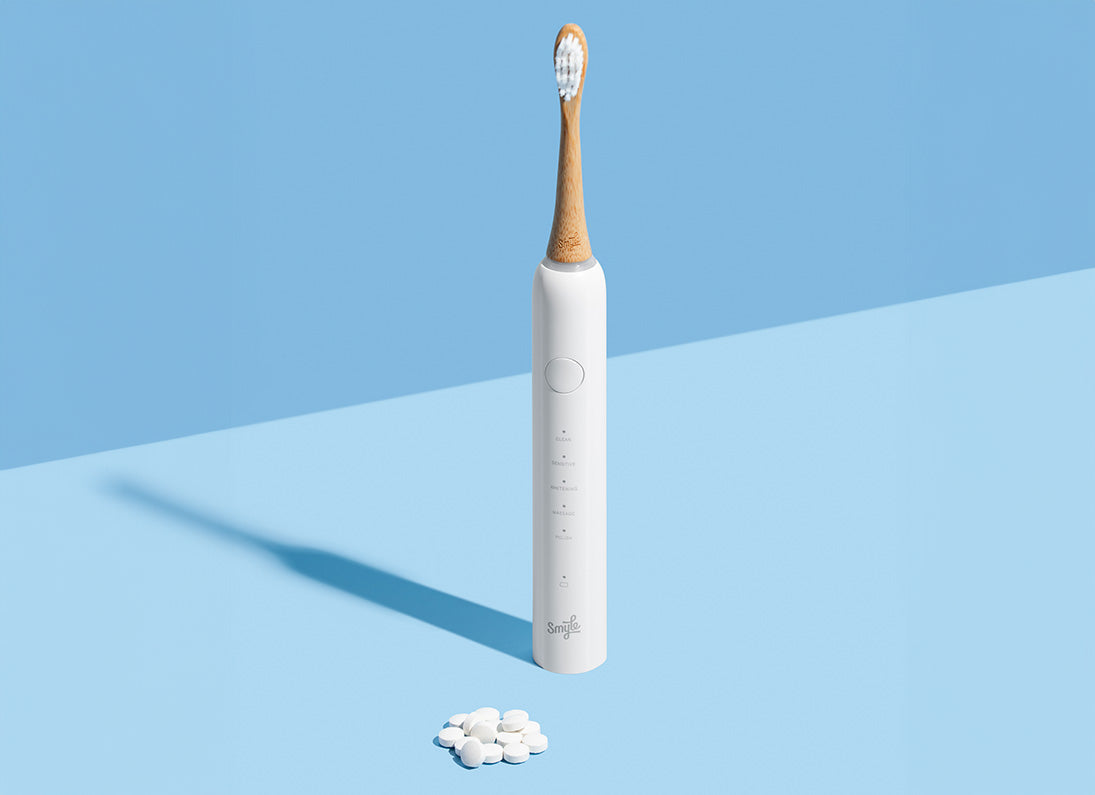
Fluoride has significantly transformed dentistry over the past few decades. This essential mineral plays a crucial role in preventing tooth decay and strengthening enamel, the glossy layer (hence the name!) that makes our teeth and molars more resistant to harmful acids that cause cavities. But how does this work, and why is fluoride so important in dentistry? In this blog, we’ll dive deeper into the role and significance of fluoride in dental care.
Fluoride: An Essential Ally for a Healthy Smile
Fluoride is a natural mineral known for its tooth-strengthening properties. It plays a vital role in the process of remineralization of enamel—the hard, glossy (hence the name!) protective outer layer of our teeth. This process strengthens enamel and makes it more resistant to the acids that would otherwise lead to tooth decay.
However, fluoride requires a balance in its use. While we need enough fluoride to provide optimal protection against tooth decay, too much can lead to fluorosis, which can alter the appearance of the teeth. That’s why a professional approach, like the fluoride treatments offered by a dentist, is so important.
Fluoride Treatments at the Dentist: What and Why?
Fluoride treatments at the dentist are often recommended for individuals at high risk of tooth decay, such as those with dry mouth, a history of frequent cavities, or people wearing braces. These treatments provide a higher concentration of fluoride than the amount found in over-the-counter toothpaste or mouthwash, offering deeper and more effective protection.
During a fluoride treatment, the dentist applies a highly concentrated form of fluoride to the teeth. This can be in the form of a gel, foam, or varnish. The treatment is quick, painless, and can make a significant contribution to overall oral health.
While fluoride plays a key role during visits to the dentist, it’s important to remember that daily care at home is just as crucial. This includes brushing twice a day with a (bamboo) toothbrush, fluoride toothpaste (or fluoride-free if preferred), and limiting sugary foods and drinks to maintain optimal oral health.

Fluoride Treatments: Who Are They For?
Although fluoride treatments are often associated with children, they can also be very beneficial for adults. It’s a misconception that only children and adolescents benefit from fluoride treatments. While fluoride indeed contributes to the development of a healthy, strong set of teeth in growing children, adults can benefit just as much.
Adults who are particularly susceptible to tooth decay or have certain health conditions that affect their oral health can benefit significantly from these treatments. This includes people with dry mouth, those who have recently undergone dental procedures such as the placement of crowns or bridges, and individuals who wear orthodontic devices.
Conclusion
Fluoride plays a crucial role in our oral health, both in our daily home care and during visits to the fluoride dentist. Regular use of fluoride helps protect against tooth decay and contributes to a healthier, stronger smile. Whether you’re a child who’s just losing baby teeth or an adult looking to optimize your dental health, the fluoride dentist can make a significant difference in your oral care. But remember: prevention is the best treatment. Good oral hygiene, a balanced diet, and regular dental check-ups are key to a lifetime of healthy teeth and a radiant smile.



